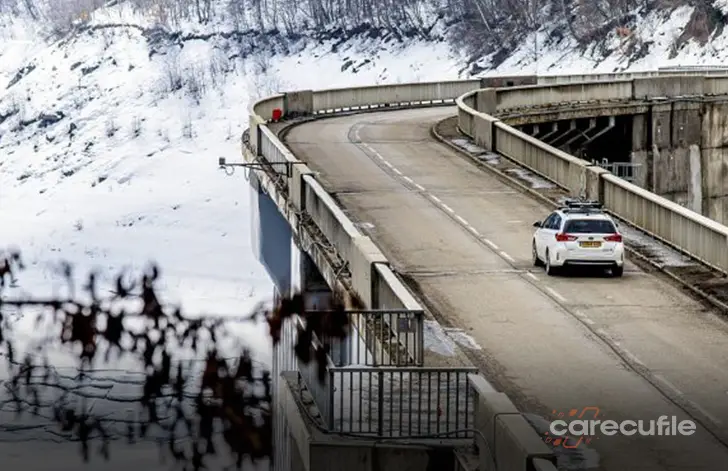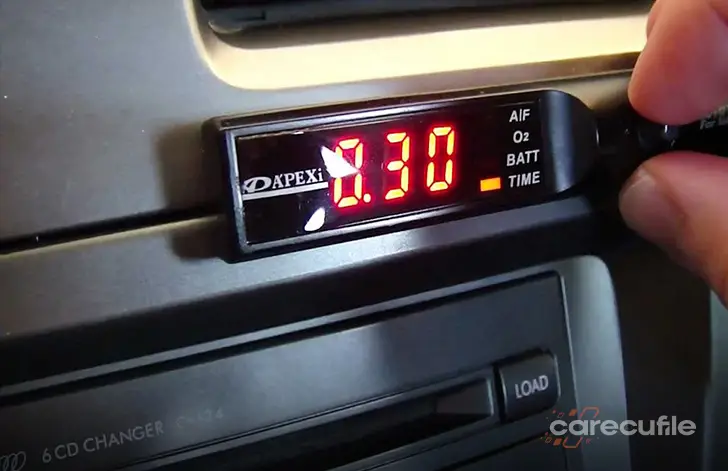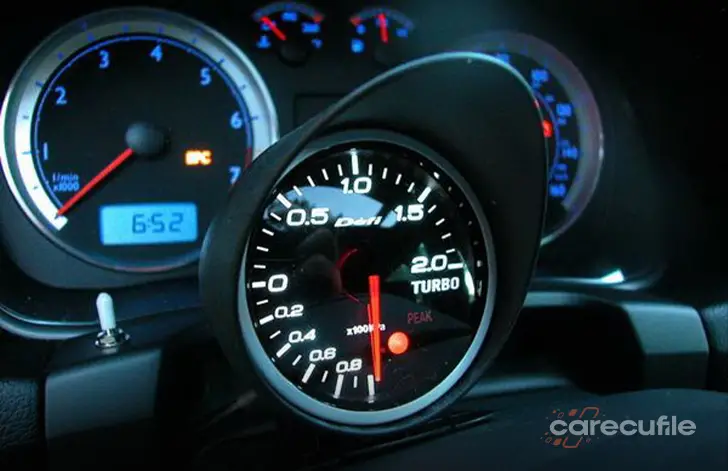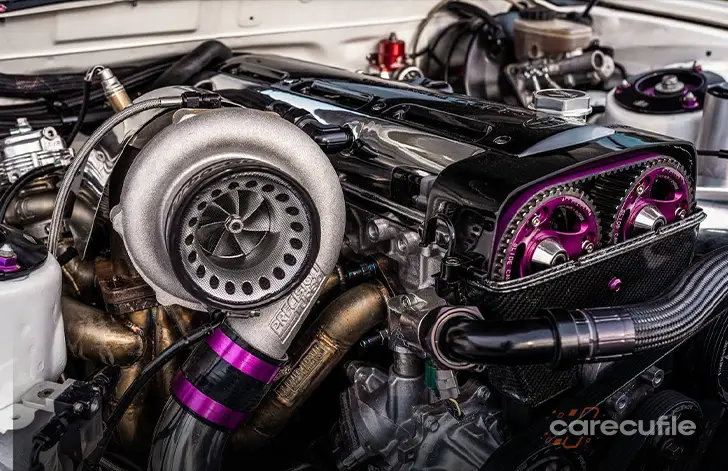Does vehicle fuel consumption increase in winter
Does vehicle fuel consumption increase in winter?
In cold weather, the engine works more inefficiently. In general, when we use our vehicle in winter, you will see that fuel consumption increases and you spend more money on buying diesel or gasoline.
Comparison with Mathematical Calculation
Let's compare that in summer the temperature is 30 degrees, and in winter it is zero degrees. You are pressing the same amount of gas in both air. Your throttle is always the same amount open and you are using the same speed. The first thing to understand when it's cold is that the air is much denser. With this density, the oxygen content in it will also increase.
Too much oxygen also means a strong explosion. This means that much more power is generated. Mathematically speaking, 1.27 kg/m3 species in the air at 30 degrees, 1.41kg/m3 species at 0 degrees. This means that there is 10% more oxygen in the same proportion in cold air. In fact, this is the same task that the intercooler performs. With a simple calculation, we can say 30 degrees is 300 Kelvin.
Compression and Temperature
When this heat air enters the engine, it is compressed and the temperature increases with this compression. For example, if we consider that it is 3 times, our temperature increases to 900 Kelvins. If another 2000 Kelvin temperature is charged with the combustion of the fuel, it will be 2900 Kelvin in total. The air heated by the compression of the piston will expand and cool as the piston descends. When we reduce it to the same extent, the output of 1/3 i is discarded as 967 kelvin.
When it is 0 degrees, a temperature of 270 kelvin enters inside and is trapped 3 times and goes up to 810 kelvin. But this time the explosion will be 10% stronger, so the temperature of 2200 kelvin is added. This ensures that a temperature of about 3000 kelvin is inside, and it cools down at a rate of 3 to 1, and a temperature of 1004 kelvin is expelled outside. Compared to these calculations, your engine will be much more powerful and efficient in cold weather.
So why do we consume more fuel in winter?
It is not only caused by the engine, but also by other parts of the vehicle to reach the optimum operating temperature in hot weather for 3 minutes, while in cold weather this time can be up to 8-9 minutes. In other words, your vehicle will consume more fuel in short-distance use in winter. But you are used more efficiently.
We can also give an example by putting ice inside the intercooler in off-road races in the past. The aim here is to reduce the temperature of the received air and create a denser air, which allows it to work more efficiently. As a result, the vehicle burns more fuel with the energy it consumes in order for the remaining parts of the vehicle to reach the optimum operating temperature in winter, not because the engine runs at low efficiency, but on the contrary, high efficiency, but in winter conditions.
















